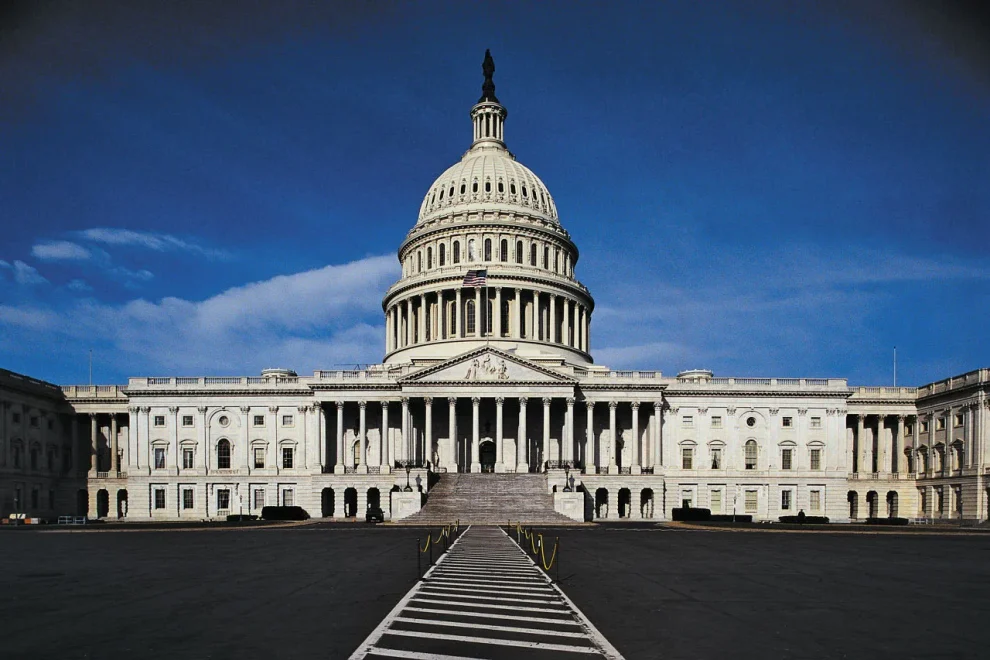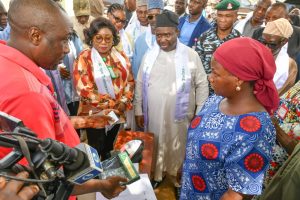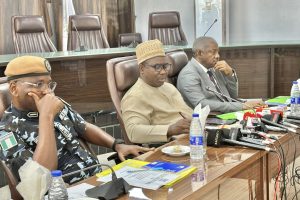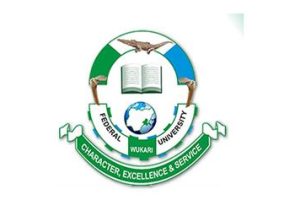Washington, D.C. – A key US Congressional subcommittee is set to hold a high-stakes hearing on Thursday, November 20, 2025, to scrutinise President Donald Trump’s recent decision to re-designate Nigeria as a “Country of Particular Concern (CPC)” over alleged severe violations of religious freedom.
The redesignation, if subsequently approved by the US Senate, would unlock the possibility of targeted US sanctions against Nigerian officials deemed complicit in religious persecution, alongside potential limitations on certain forms of bilateral assistance. Crucially, the move signals the US view that religious freedom in Nigeria is under serious threat.
Hearing Details and Participants
The open hearing will be conducted by the House of Representatives Subcommittee on Africa, chaired by Representative Chris Smith (R-NJ). It is scheduled for 11:00 am (local time) in the Rayburn House Office Building and will be live-streamed.
The session will feature two panels of witnesses:
- US Officials: Jonathan Pratt, Senior Bureau Official of the Bureau of African Affairs, and Jacob McGee, Deputy Assistant Secretary of the Bureau of Democracy, Human Rights, and Labor, from the US State Department.
- Expert Witnesses: Ms. Nina Shea, Director of the Centre for Religious Freedom; Bishop Wilfred Anagbe of the Makurdi Catholic Diocese in Nigeria; and Ms. Oge Onubogu of the Centre for Strategic & International Studies.
The congressional review is expected to delve into the extent of religious persecution in Nigeria and explore various policy responses, including sanctions, humanitarian aid, and collaboration with Nigerian authorities to curb violence.
The President’s Stance and Nigerian Response
President Trump originally made the CPC designation on October 31, 2025, citing “alleged severe violations of religious freedom, particularly the persecution of Christians.”
In a forceful statement on November 1, 2025, President Trump claimed Christianity faces an “existential threat” in Nigeria, with “thousands of Christians being killed by radical Islamists.” He issued a stark warning to the Nigerian government:
“If the Nigerian Government continues to allow the killing of Christians, the USA will immediately stop all aid and assistance to Nigeria, and may very well go into that now-disgraced country, ‘guns-a-blazing,’ to completely wipe out the Islamic terrorists who are committing these horrible atrocities.”
President Bola Tinubu of Nigeria swiftly countered the claim, describing it as a “misrepresentation of Nigeria’s religious reality.” In a post on his official X account, President Tinubu asserted:
“Nigeria stands firmly as a democracy governed by constitutional guarantees of religious liberty. The characterisation of Nigeria as religiously intolerant does not reflect our national reality. . . Nigeria opposes religious persecution and does not encourage it.”
The US designation is the second for Nigeria in recent years; the country was first designated as a CPC by the Trump administration in 2020 before being removed by his successor, President Joe Biden.
Allegations of Violence and Congressional Push
The move follows repeated accounts of attacks on Christian communities in Nigeria, including killings, kidnappings, and the destruction of churches, often attributed to Islamic extremist groups and militant Fulani herdsmen.
Bishop Wilfred Anagbe, set to testify at the hearing, previously voiced his concerns at a UK Parliament event in March 2025, denouncing the “mass killing of Christians” and highlighting how communities in Benue State have been attacked by Islamist extremists and Fulani herdsmen, leading to displacements, church burnings, and the deaths of clergy and lay members.
Representative Riley Moore (R-WV) staunchly defended the designation, telling Fox News that the Nigerian President’s counter-claim was “completely false,” citing existing blasphemy laws in some Nigerian states and the prosecution of individuals defending themselves against attacks. Moore also claimed that US intelligence suggested a significant disparity in the violence:
“The deaths that we have been able to garner from the facts on the ground are five to one, five to one Christians versus other minority, other religious affiliations in that country.”
He insisted the US has a role to play, stating that the CPC designation “unlocks different levels the President can use against that country, sanctions being one of them, withholding development dollars, and restricting financing from financial institutions.”
International Reaction and US Skepticism
Pope Leo XIV has also voiced his concern regarding violence allegedly targeting Christians, citing Nigeria, Bangladesh, and several African nations as hotpots where “Christians suffer discrimination and persecution.”
Despite President Trump’s strong rhetoric, another US Congressman, Bill Huizenga, suggested that an actual military intervention in Nigeria was unlikely. Speaking to Arise TV, he said he suspected military action “is not a high priority,” believing the comments were primarily intended to pressure the Nigerian government to halt the violence. Huizenga suggested that “economic sanctions would deter terrorists from funding their activities.”
Meanwhile, the Nigerian government has dispatched peace emissaries to flashpoint regions like Plateau State in an effort to “restore peace and foster inter-communal harmony,” including meeting with both Christian clerics and Fulani Miyetti Allah community leaders.





Add Comment